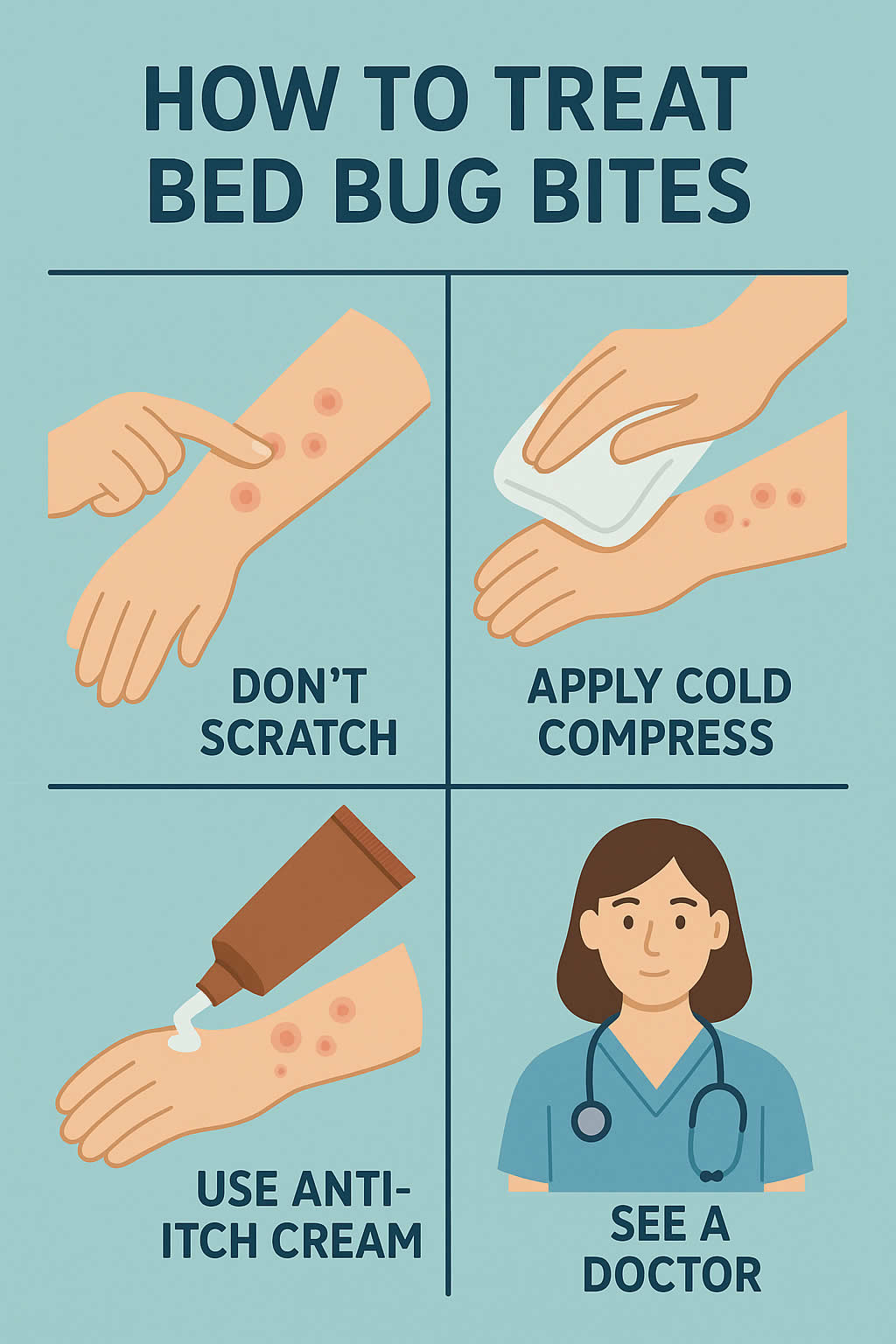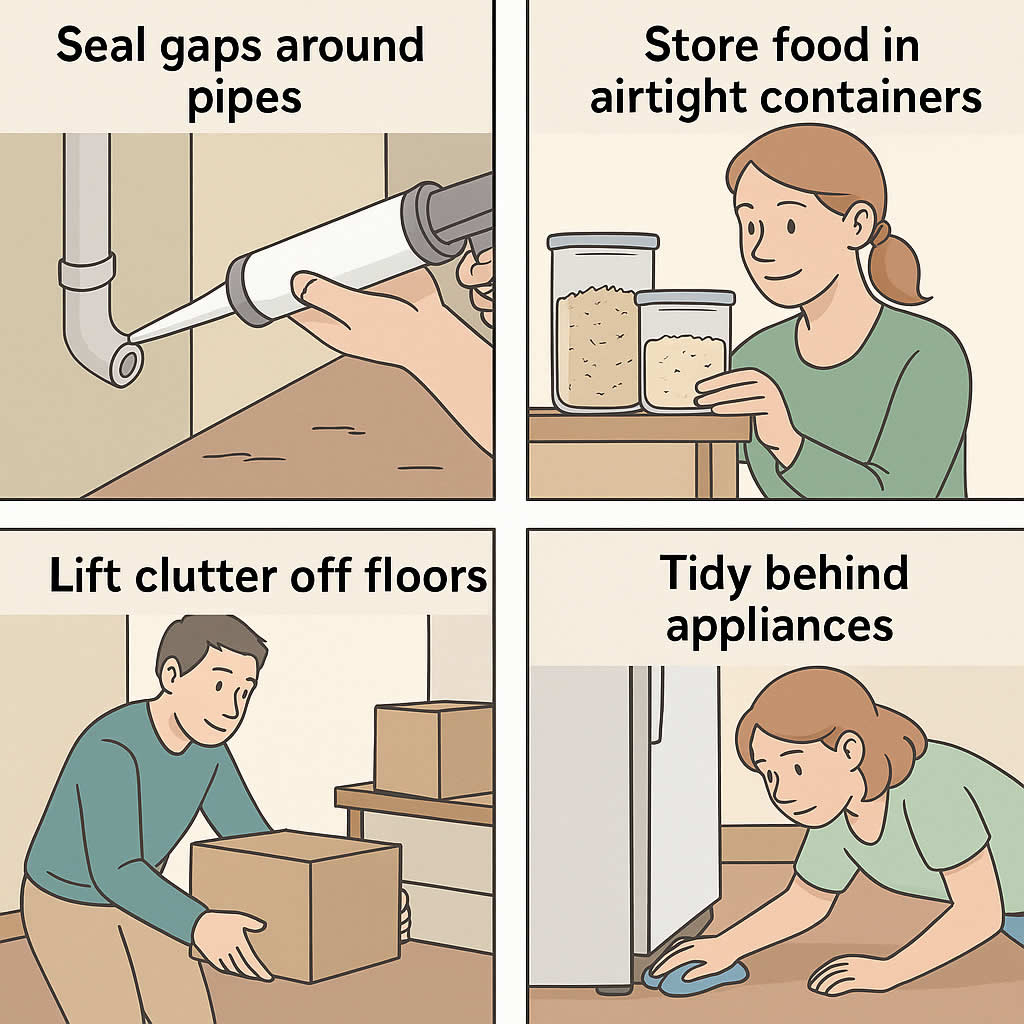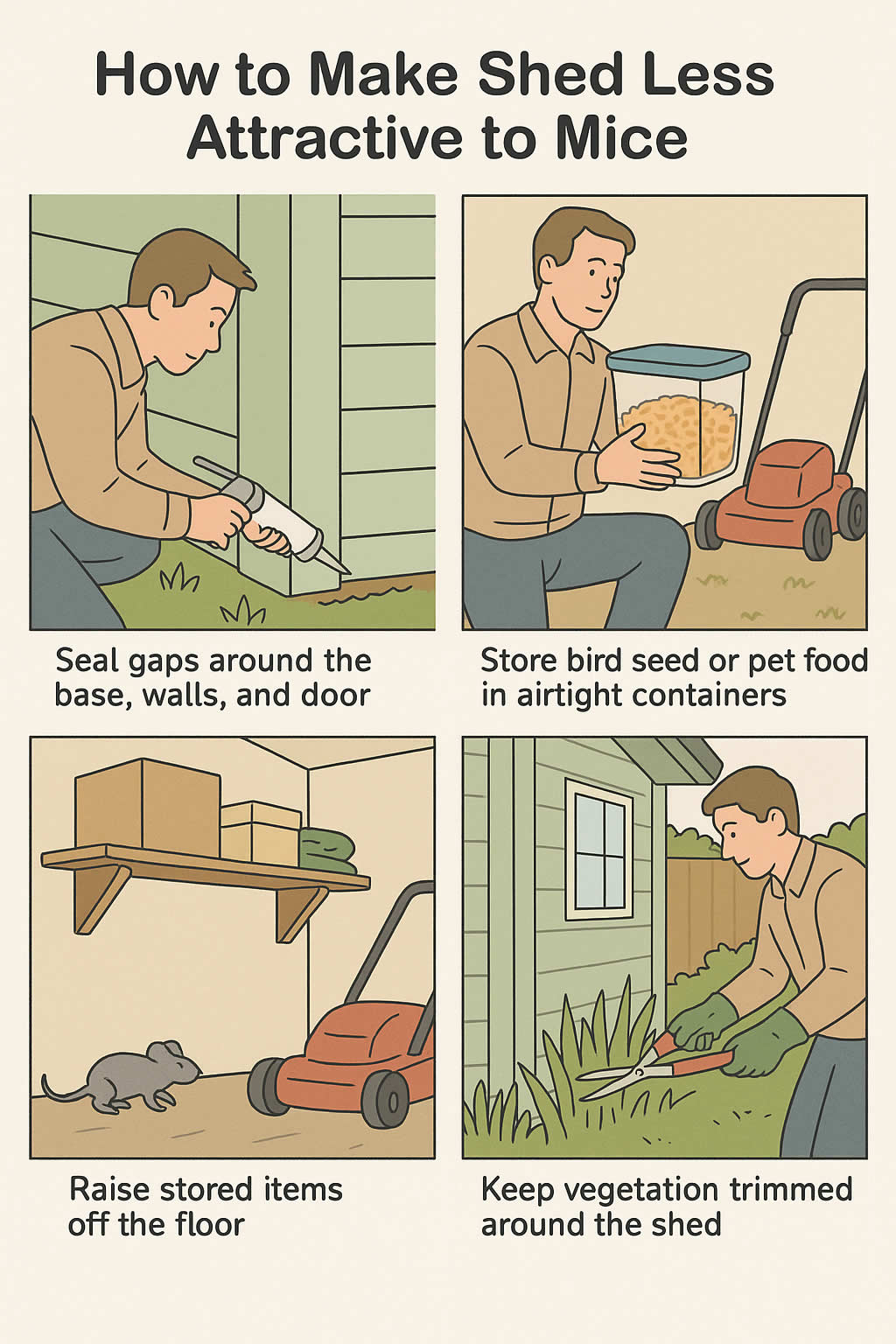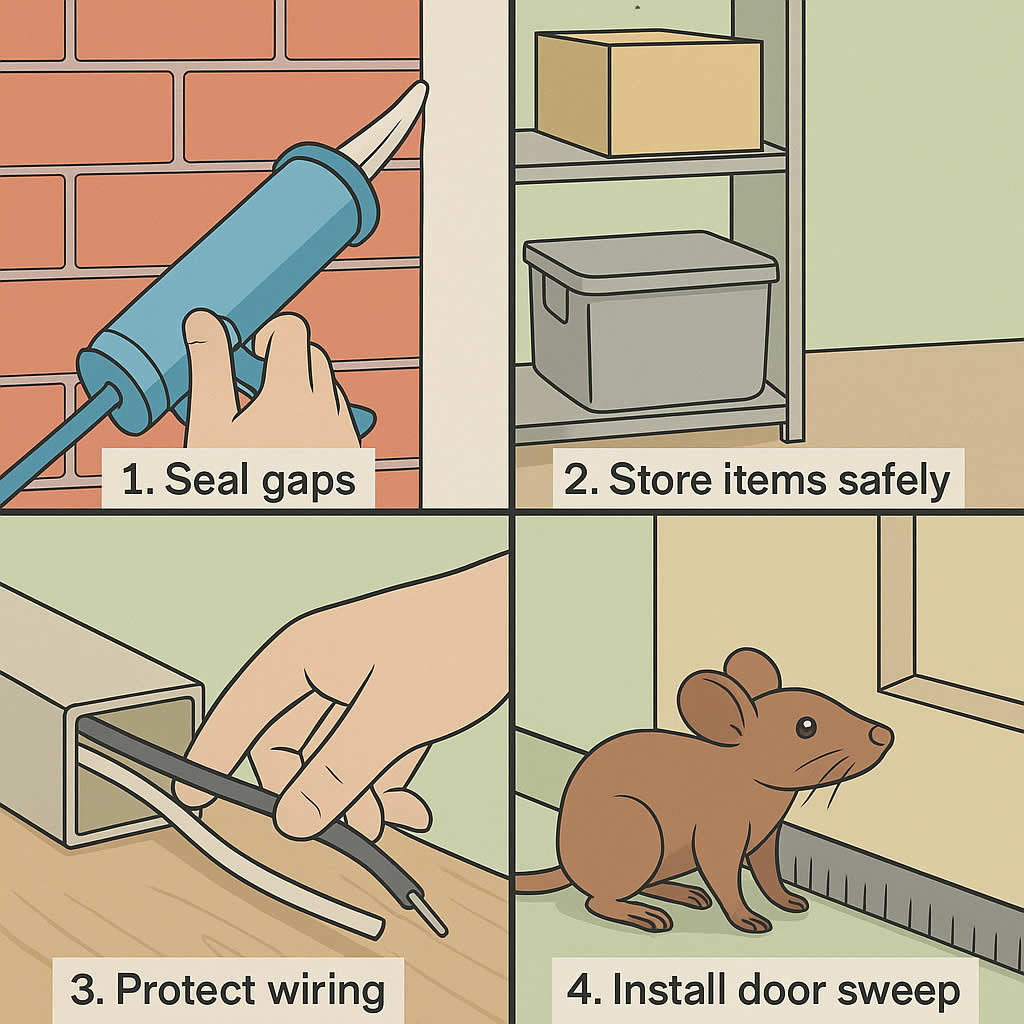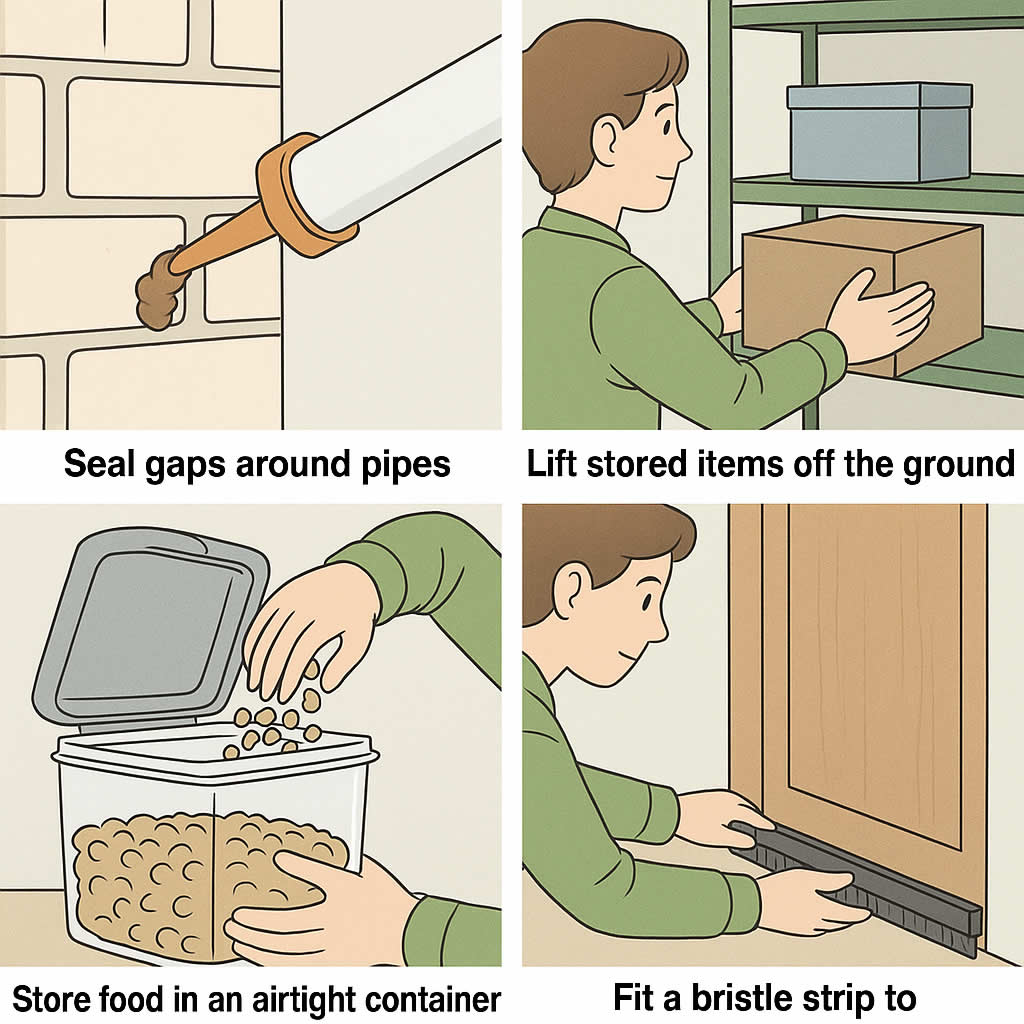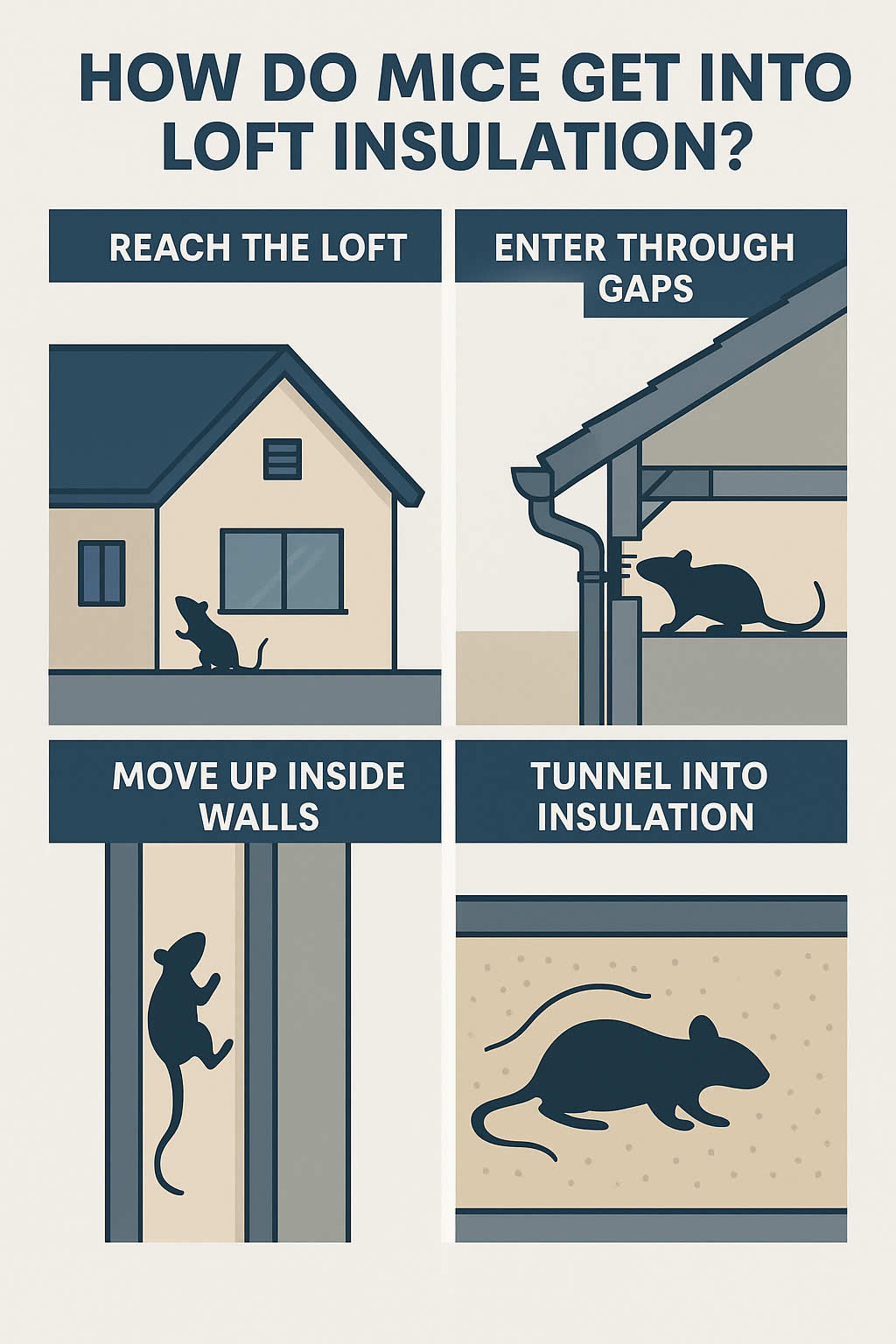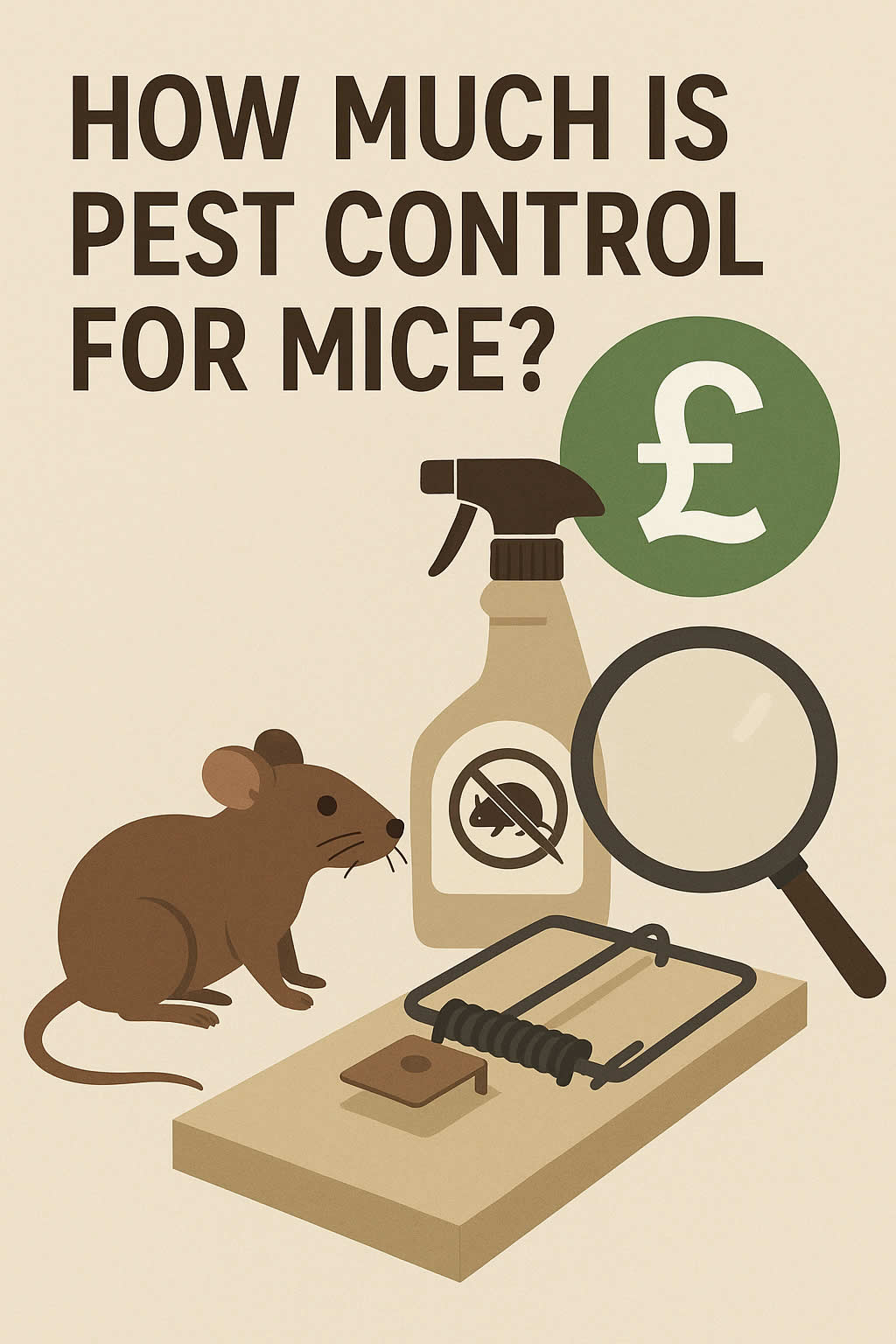Related Queries
ToggleA shocking fact: 1 in 5 Americans has dealt with bed bug bites at home or knows someone who has faced these stubborn pests.
Bed bug bites do more than just hurt physically – they trigger insomnia, anxiety, and skin infections from scratching too much. The bites usually heal in one to two weeks. The wait feels endless when you’re stuck with itchy bite clusters that might not show up for 14 days.
My experience as a medical professional shows that bed bug bites affect each person uniquely. Some people show mild symptoms. Others face serious reactions like breathing problems, blisters, or fever that need a doctor’s care right away.
This piece will show you the quickest ways to treat bed bug bites, what to expect during healing, and when you need to see a doctor. Let’s work on getting your skin healthy again.
Identifying Bed Bug Bite Symptoms
The ability to spot bed bug bites helps you get the right treatment quickly. These bites look different from other insect bites and have unique features that make them easier to identify.
You’ll notice bed bug bites as small, raised bumps that tend to itch. Your skin tone affects how these bites appear. People with lighter skin see red marks, while those with darker skin might notice purple spots that aren’t as easy to spot.
The bites often look like mosquito bites with a slightly swollen bump and a reddish bruise in the centre. These pests leave their mark in specific patterns rather than random spots:
- Straight lines or clusters of three to five bites
- Zigzag formations
- Groups concentrated in one body area
Your body’s reaction to these bites varies greatly. Some people show no visible signs at all – about 30 to 60% of the population. Others might see anything from small flat marks to badly swollen welts.
Common bite locations on the body
These tiny pests know exactly where to feed, and they target exposed skin while you sleep. The most frequent spots for bites are:
- Face and neck
- Arms and hands
- Shoulders
- Legs
The bugs might also bite along the edges of your sleepwear. These creatures are most active between 2:00 to 4:00 in the morning during your deepest sleep, which makes them hard to catch.
How bed bug bites differ from other insect bites
Looking closely at the details helps tell bed bug bites apart from other insects. The bites lack the central red dot that flea bites usually have. Mosquitoes leave random bite patterns, but bed bugs create a “breakfast, lunch, dinner” pattern – three or more bites in a line or zigzag.
The timing of symptoms sets these bites apart too. Each bite comes with an anaesthetic and anticoagulant, so you might not feel anything right away. It can take up to 14 days before symptoms show up, though repeated exposure often makes people more sensitive.
Spider bites stand out because they usually appear as single marks. Spiders rarely bite more than once. Flea bites might look similar, but they usually show up on your lower body near joints, while bed bugs prefer your upper body.
First Aid Steps for Fresh Bites
Quick action helps reduce discomfort and healing time after you find fresh bed bug bites. The right first aid steps can relieve itching and prevent infections.
Cleaning and disinfecting the affected area
Clean the bite sites gently with soap and warm water. This vital step removes germs from the bite area and reduces itchiness. Use a clean towel to pat the area dry instead of rubbing it, which could irritate your skin more.
Your bites might feel itchy, but don’t scratch them. Scratching can tear your skin and cause infections. The best approach focuses on proper cleaning and treatments listed below.
Reducing itching and inflammation immediately
A cold compress or ice pack wrapped in a clean cloth will quickly calm irritated bites. Hold it against the affected area for 10-15 minutes. This method cuts down swelling and itchiness without any medication.
These treatments help with stubborn itching:
- A mild hydrocortisone cream (1%) reduces inflammation
- Calamine lotion dries rashes and protects your skin
- An over-the-counter antihistamine manages severe itching
Children under 10 and pregnant women need a doctor’s approval before using hydrocortisone creams.
Home remedies that actually work
Several items from your kitchen can relieve bed bug bite symptoms effectively:
Baking soda paste reduces inflammation well. Mix a spoonful with water to create a thick paste, apply it to the affected area, let it dry, and wipe it off with a cotton pad.
The amino acids in aloe vera gel cool your skin and ease itching and burning sensations. Fresh gel from the plant works just as well as store-bought options.
In stark comparison to this, toothpaste provides relief through its menthol content, which acts as an anti-itch remedy. Put a small amount right on the bites.
Get medical help right away if your symptoms get worse or you see signs of infection like increased pain, swelling, or warmth around the bite area.
Medical Treatments That Speed Up Healing
Simple home remedies help with most bed bug bites, but stubborn cases need proper medical treatment to heal faster. My medical experience has shown these treatments work best for persistent bite reactions.
Over-the-counter medications doctors recommend
Most people can manage mild symptoms without seeing a doctor. Pharmacists usually suggest:
- Topical corticosteroids – Hydrocortisone cream (1%) applied once or twice daily for up to seven days reduces inflammation and itching
- Oral antihistamines – Medications like diphenhydramine (Benadryl) or newer options like levocetirizine help control itching, especially during sleep disruption
- Cold compresses – Applied to affected areas several times daily to reduce swelling
Using oral antihistamines along with topical treatments gives the quickest relief for persistent itching.
When to seek prescription treatments
Some situations need a doctor’s attention right away. Get medical help immediately if you notice:
Severe allergic reactions including hives, breathing problems, wheezing, throat swelling, fever, chills, dizziness or confusion. These rare but serious reactions might need emergency care and possibly injectable treatments like epinephrine.
Prescription-strength medications become essential when over-the-counter options don’t help. Your doctor could prescribe stronger antihistamines or corticosteroid creams for bites that stay very itchy or swollen after trying pharmacy treatments.
Treating secondary infections from scratching
Scratching bed bug bites often causes secondary bacterial infections that need medical care. Watch for these infection signs:
Pain that gets worse, redness spreading beyond the original bite area, warmth around the bite, or discharge like pus.
Infected bites usually need antibiotics. Your doctor might prescribe oral antibiotics for 7-14 days to treat serious infections[122]. Topical antibiotics might be enough for mild cases.
Medical professionals suggest marking the affected area with a washable line. You should call your healthcare provider if redness spreads beyond this marking.
How Long Bed Bug Bites Take to Heal
Bed bug bite healing times differ among individuals. A clear understanding of recovery timelines and their influencing factors helps set realistic expectations during the healing process.
Normal healing timeline expectations
Bed bug bites typically disappear within one to two weeks without any treatment. Notwithstanding that, some medical experts suggest untreated bites might need three to six weeks to heal completely. Bite symptoms can take time to show up – reactions appear within hours for some people, while others might not see any marks until 14 days after the bite.
New bites can keep appearing if bed bugs remain active in your space. This continuous cycle makes it hard to track healing progress and might give the impression that bites last longer than they actually do.
Factors that delay healing
Recovery times can extend beyond two weeks due to several reasons:
- Individual sensitivity levels – People with sensitive skin tend to have stronger reactions and need more time to heal
- Scratching behaviour – Scratching substantially slows down healing and can lead to bacterial infections[183]
- Immune system response – Your body’s healing capacity plays a vital role in recovery speed
- Sleep disruption – Bed bug-related anxiety and insomnia can slow down overall healing
- Allergic reactions – Severe allergic responses, though uncommon, need medical care and take longer to heal
Signs your bites are healing properly
Healthy recovery shows through gradually decreasing symptoms. Bites heal normally when itchiness reduces each day and swelling or redness starts to fade. The raised bumps become flatter and less visible over time.
Medical attention becomes necessary if you notice spreading redness beyond the bite area, increasing pain, warmth around bites, or pus discharge. These signs point to an infection that needs antibiotics or other medical treatment.
Conclusion
Bed bug bites create unique challenges that range from mild irritation to serious reactions needing medical care. My experience with treating many patients shows most cases heal within two weeks with proper management using these treatment approaches.
Quick action is vital for faster healing. Clean the affected area properly and avoid scratching. The right over-the-counter treatments can substantially reduce discomfort and prevent complications. Some people might need prescription medications, but many find relief through home remedies and simple first aid.
Your bites need close monitoring during healing. Occasional itching is normal, but any signs of infection or severe allergic reactions just need immediate medical attention. The success of your treatment depends on tackling both the bites and their source – getting rid of the bed bug infestation itself.
This knowledge about identifying, treating, and understanding healing timelines helps you handle bed bug bites confidently while ensuring the best recovery. If symptoms persist or worsen despite doing this, consult your healthcare provider for individual-specific medical advice.
Looking for pest control Cumbria?

